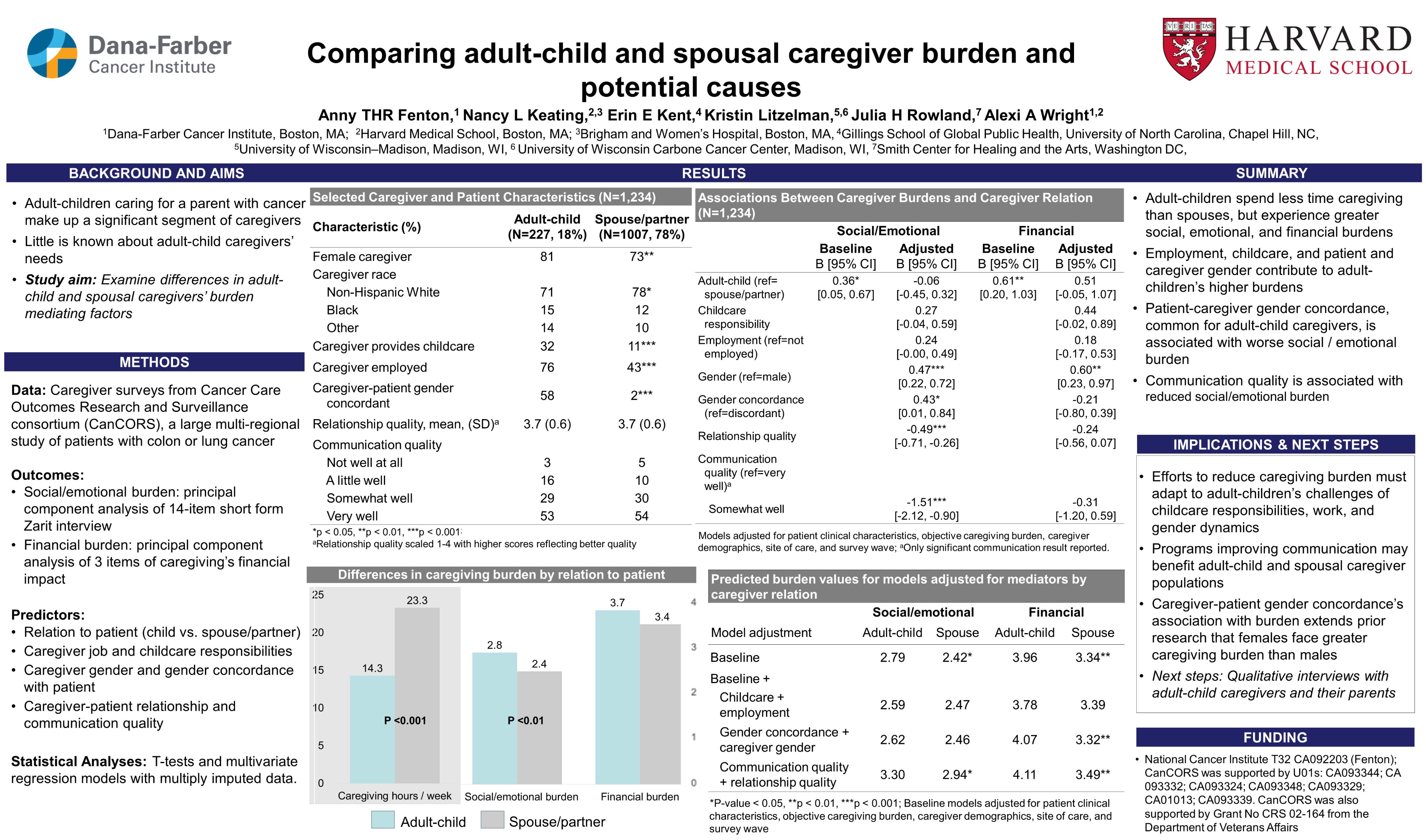Many people feel very helpless when they learned about a friend's cancer diagnosis. They often want to reach out to the family, but don't know what to say or how to help.
On the other hand, patients sometimes wonder why their family and friends haven't shown much support after their cancer diagnosis.
A cancer diagnosis can be very emotional for the patients. Often times, it is a very overwhelming period of time, and patients and caregivers will likely have to keep track of a list of doctor's appointments, lab visits, treatment at the hospital and other related appointments. Even though this is a very busy time, as a caregiver, it is worth the time to sit down and assess the situation and look for things that can be delegated to family members or friends who are willing to help.
There are now many online resources that can be used for this purpose. I've listed a few in the "Resources" section and will update the list with new resources whenever they become available.
For general updates, Caring Bridge is a great tool to help caregivers provide latest information on the patients to friends and family who are not local. Care Calendar and My Life Line can help caregivers coordinate tasks and errands amongst friends who are available to help out. As for meals, Sign Up Genius and Meal Train can both organize meal trains.
Having specific tasks listed clearly can help friends transform their care and concern into actions. They won't have to guess and wonder how they can help. Families can get the help they need while attending to the more personal needs of the patients.
Feel free to update the lists as different stages of patient care might require different types of help. It is perfectly fine to ask for friends to be with the patient so the caregiver can take a brief break.
Parents often say it takes a village to raise a child. For me, being a caregiver was no different. I had to rely on my friends for help and support, in both physical and spiritual matters. Even if a friend wasn't able to help, their prayers have often lifted my spirit.
So dear caregivers, find your village... sometimes help doesn't come from familiar places, especially if you're away from your family. There are many volunteers who are willing to help, remember you are not alone in your journey. Look for local support group as well if you need help.
Let each of you look not only to his own interests, but also to the interests of others. Phil 2:4 ESV.

